572 episodes
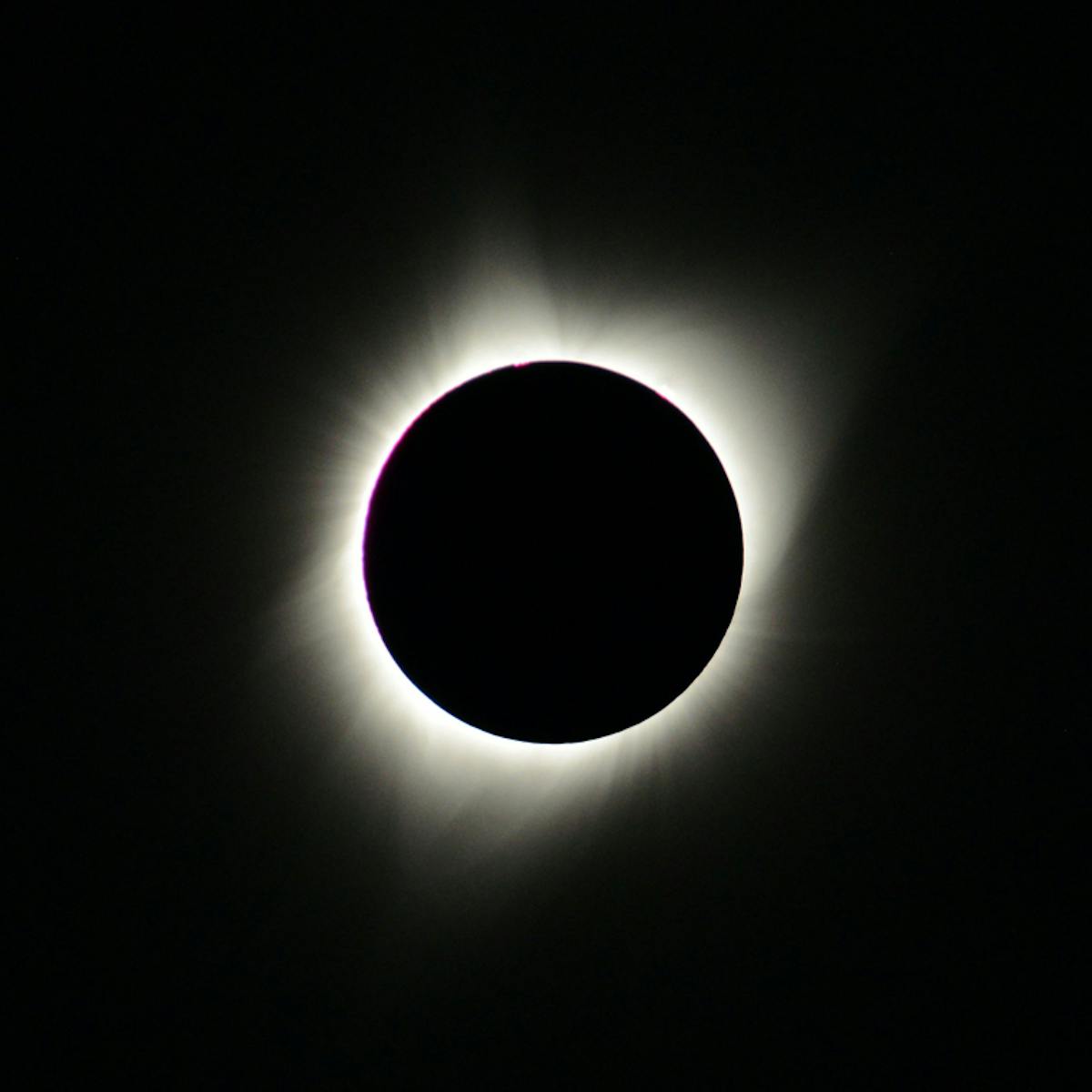

The Great North American Solar Eclipse will trace a path of shadow across Mexico and 13 U.S. States on April 8th. Phil Plait, also known as The Bad Astronomer, joins the show for an extended interview covering a wide-range of topics, such as his excitement about the eclipse, the Pentagon’s most recent UFO report, and some of the most persistent moon landing conspiracy theories. Guest: Phil Plait – aka the Bad Astronomer, former astronomer on Hubble, teacher, lecturer, and debunker of conspiracy theories. He is also the author of a new book “Under Alien Skies: A Sightseer’s Guide to the Universe.” Featuring music by Dewey Dellay and Jun Miyake You can get early access to ad-free versions of every episode by joining us on Patreon. Thanks for your support! Big Picture Science is part of the Airwave Media podcast network. Please contact advertising@airwavemedia.com to inquire about advertising on Big Picture Science. Learn more about your ad choices. Visit megaphone.fm/adchoices
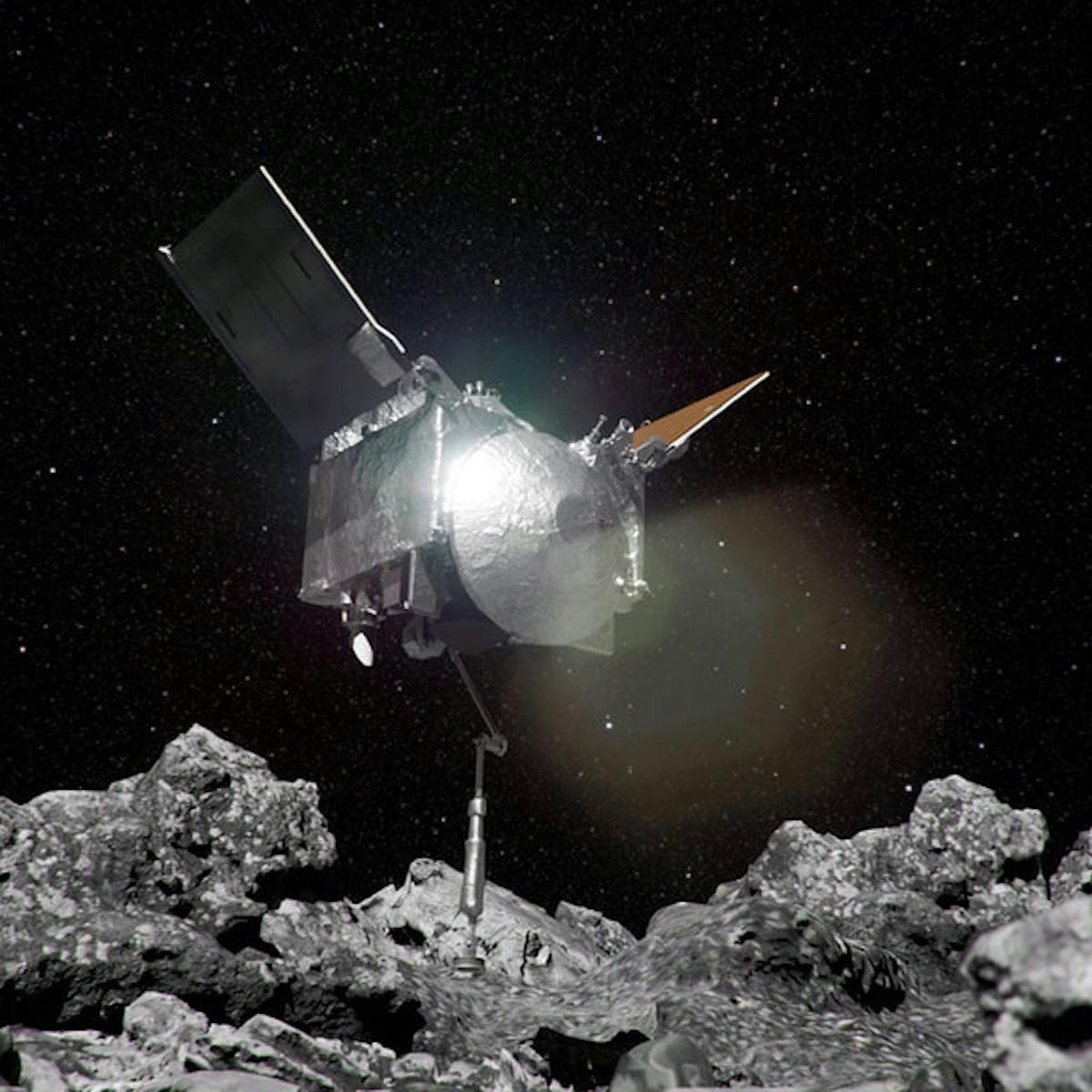

Asteroids are rich in precious metals and other valuable resources. But mining them presents considerable challenges. We discuss these, and consider how these spinning, rocky resources might be the key to a space-faring future. But an economist points out the consequences of bringing material back to Earth, and a scientist raises an ethical question; do we have an obligation to keep the asteroids intact for science? Guests: Jim Bell - Planetary scientist in the School of Earth and Space Exploration at Arizona State University. Martin Elvis - Astronomer and author of “Asteroids: How Love, Fear, and Greed Will Determine Our Future in Space.” Ian Lange - Economist and associate professor at the Colorado School of Mines and author of a paper on the feasibility of asteroid mining. Featuring music by Dewey Dellay and Jun Miyake You can get early access to ad-free versions of every episode by joining us on Patreon. Thanks for your support! Big Picture Science is part of the Airwave Media podcast network. Please contact advertising@airwavemedia.com to inquire about advertising on Big Picture Science. Learn more about your ad choices. Visit megaphone.fm/adchoices


Standing on your own two feet isn’t easy. While many animals can momentarily balance on their hind legs, we’re the only critters, besides birds, for whom bipedalism is completely normal. Find out why, even though other animals are faster, we’re champions at getting around. Could it be that our upright stance made us human? Plus, why arches help stiffen feet, the argument for bare-footin’, and 12,000-year old footprints that tell a story about an Ice Age mother, her child, and a sloth. Guests: Daniel Lieberman – Professor of human evolutionary biology at Harvard University. Jeremy DeSilva – Professor in the departments of anthropology and biological sciences, Dartmouth College, and author of “First Steps: How Upright Walking Made Us Human.” Madhusudhan Venkadesan – Professor of mechanical engineering and materials science, Yale University School of Engineering. David Bustos – Chief of Resources at White Sands, National Park, New Mexico. Sally Reynolds – Paleontologist at Bournemouth University, U.K. Originally aired May 24, 2021 Featuring music by Dewey Dellay and Jun Miyake You can get early access to ad-free versions of every episode by joining us on Patreon. Thanks for your support! Big Picture Science is part of the Airwave Media podcast network. Please contact advertising@airwavemedia.com to inquire about advertising on Big Picture Science. Learn more about your ad choices. Visit megaphone.fm/adchoices


The Supreme Court’s ruling on Roe has ignited fierce debate about bodily autonomy. But it’s remarkable how little we know about female physiology. Find out what studies have been overlooked by science, and what has been recently learned. Plus, why studying women’s bodies means being able to say words like “vagina” without shame ... a researcher who is recreating a uterus in her lab to study endometriosis … and an overdue recognition of medical pioneer Dr. Rebecca Lee Crumpler. Guests: Melody T. McCloud - Obstetrician Gynecologist and Founder and Medical Director of Atlanta Women's Health Care; co-author of “Black Women's Wellness: Your ‘I've Got This!’ Guide to Health, Sex, and Phenomenal Living” Victoria Gall - Volunteer with the Friends of the Hyde Park Library and the Hyde Park Historical Society Rachel E. Gross - Science journalist and author of “Vagina Obscura: An Anatomical Voyage” Linda Griffith - Professor of Biological and Mechanical Engineering at M.I.T., Director of the Center for Gynepathology Research, and author of the Boston Globe article, “‘FemTech’ and a moonshot for menstruation science” Roshni Babal - Pediatric Asthma and Chronic Disease Program Coordinator at Boston Medical Center Perri Klass - Professor of Journalism and Pediatrics at New York University and Author of “The Best Medicine: How Science and Public Health Gave Children a Future” **Originally aired October 31, 2022 Featuring music by Dewey Dellay and Jun Miyake You can get early access to ad-free versions of every episode by joining us on Patreon. Thanks for your support! Big Picture Science is part of the Airwave Media podcast network. Please contact advertising@airwavemedia.com to inquire about advertising on Big Picture Science. Learn more about your ad choices. Visit megaphone.fm/adchoices


A century ago, British archaeologist Howard Carter opened the only surviving intact tomb from ancient Egypt. Inside was the mummy of the boy king Tutankhamun, together with “wonderful things” including a solid gold mask. Treasure from King Tut’s crypt has been viewed both in person and virtually by many people since. We ask what about Egyptian civilization so captivates us, thousands of years later. Also, how new technology from modern physics allows researchers to “X-Ray” the pyramids to find hidden chambers. Guests: Emma Bentley – Postgraduate student in Archeology and Ancient Worlds at the University of Edinburgh in the U.K. Sarah Parcak – Archaeologist and Egyptologist, University of Alabama, and author of “Archaeology From Space: How the Future Shapes Our Past.” Richard Kouzes – Physicist at the Department of Energy’s Pacific Northwest National Laboratory. Salima Ikram – Professor of Egyptology at The American University in Cairo and head of the Animal Mummy Project at the Egyptian Museum in Cairo. *Originally aired December 12, 2022 Featuring music by Dewey Dellay and Jun Miyake You can get early access to ad-free versions of every episode by joining us on Patreon. Thanks for your support! Big Picture Science is part of the Airwave Media podcast network. Please contact advertising@airwavemedia.com to inquire about advertising on Big Picture Science. Learn more about your ad choices. Visit megaphone.fm/adchoices


The discovery of a massive amount of lithium under the Salton Sea could make the U.S. lithium independent. The metal is key for batteries in electric vehicles and solar panels. But the area is also a delicate ecosystem. We go to southern California to hear what hangs in the balance of the ballooning lithium industry, and also how we extract other crucial substances – such as sand, copper and iron– and turn them into semiconductors, circuitry and other products upon which the modern world depends. Guests: Ed Conway – economics and data editor of Sky News and columnist for the Times in London. He’s the author of “Material World, The Six Raw Materials that Shape Modern Civilization“. Frank Ruiz – Audubon California Salton Sea Program Director. Michael McKibben – Geologist, University of California, Riverside. Featuring music by Dewey Dellay and Jun Miyake You can get early access to ad-free versions of every episode by joining us on Patreon. Thanks for your support! Big Picture Science is part of the Airwave Media podcast network. Please contact advertising@airwavemedia.com to inquire about advertising on Big Picture Science. Learn more about your ad choices. Visit megaphone.fm/adchoices
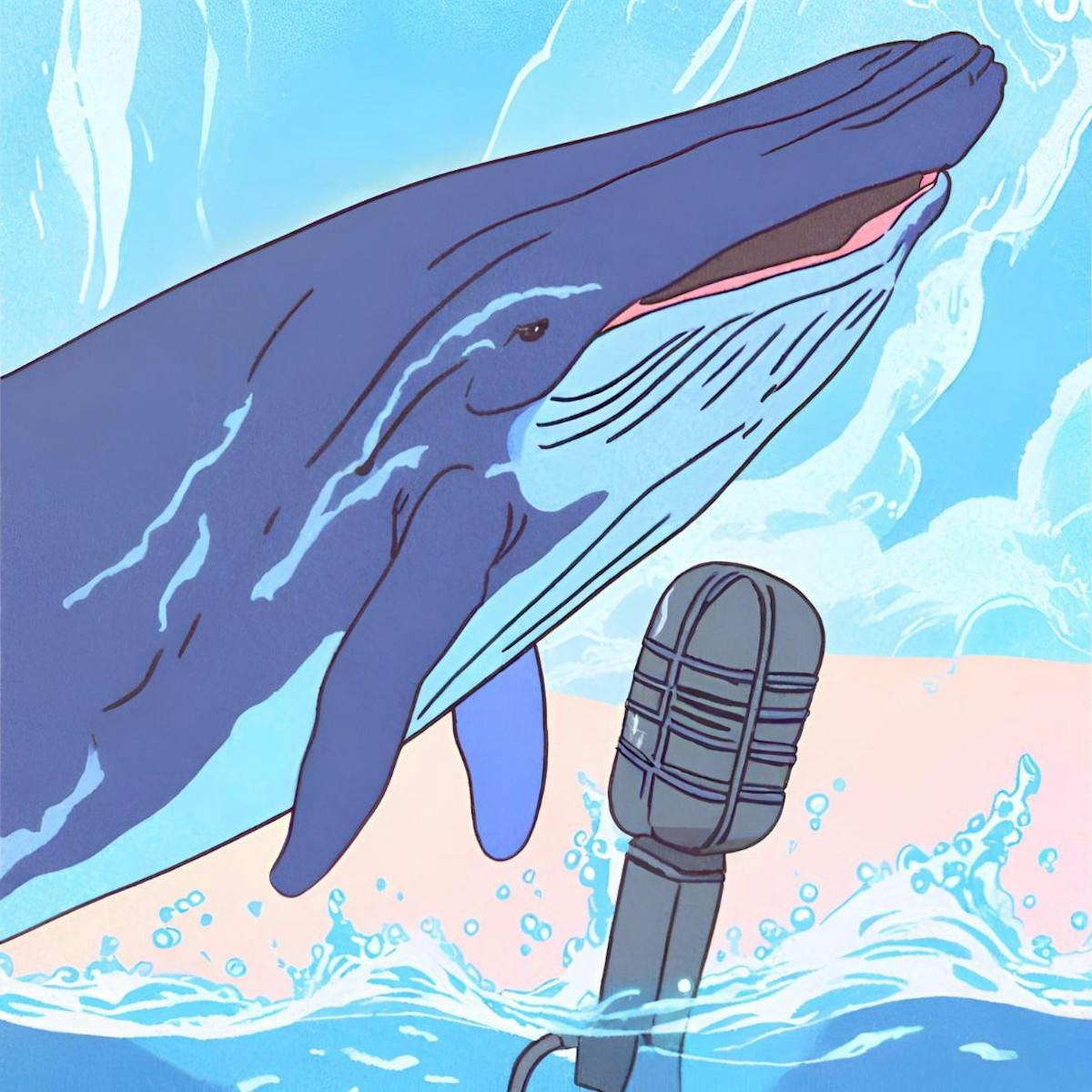

Whales are aliens on Earth; intelligent beings who have skills for complex problem-solving and their own language. Now in what’s being called a breakthrough, scientists have carried on an extended conversation with a humpback whale. They share the story of this remarkable encounter, their evidence that the creature understood them, and how the experiment informs our Search for Extraterrestrial Intelligence. After all, what good is it to make contact with ET if we can’t communicate? Guests: Brenda McCowan – Research behaviorist at the University of California Davis in the School of Veterinary Medicine who studies the ecological aspects of animal behavior and communication. Fred Sharpe – whale biologist and behavioral ecologist at Simon Fraser University and member of the Templeton Whale SETI Team. Laurance Doyle – astrophysicist and information theory researcher at the SETI Institute. Featuring music by Dewey Dellay and Jun Miyake You can get early access to ad-free versions of every episode by joining us on Patreon. Thanks for your support! Big Picture Science is part of the Airwave Media podcast network. Please contact advertising@airwavemedia.com to inquire about advertising on Big Picture Science. Learn more about your ad choices. Visit megaphone.fm/adchoices
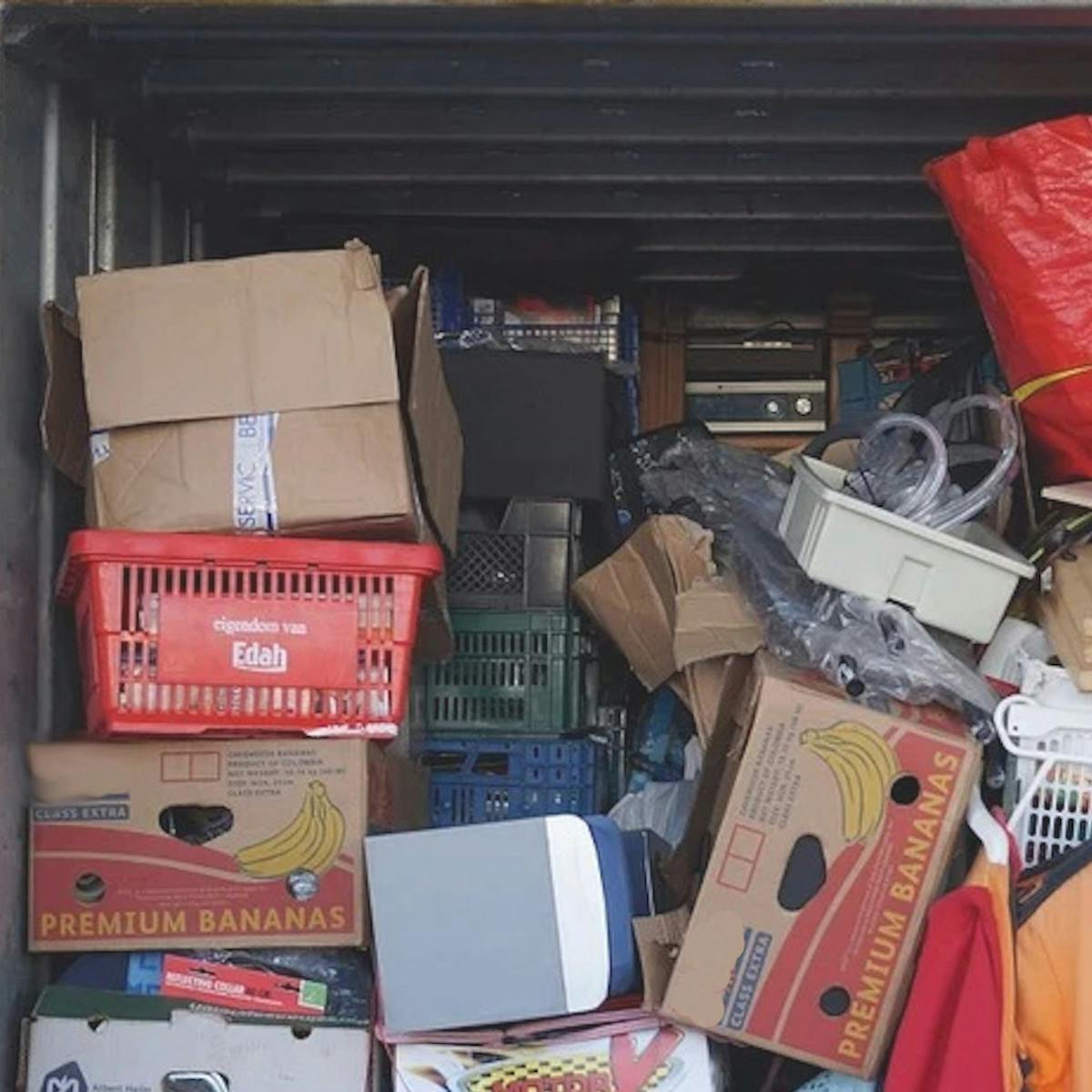

By one estimate the average American home has 300,000 objects. Yet our ancient ancestors had no more than what they could carry with them. How did we go from being self-sufficient primates to nonstop shoppers? We examine the evolutionary history of stuff through the lens of archeology beginning with the ancestor who first picked up a palm-sized rock and made it into a tool. Guest: Chip Colwell - archeologist and former Curator of Anthropology at the Denver Museum of Nature & Science, editor-in-chief of the digital magazine Sapiens, and author of “So Much Stuff: How Humans Discovered Tools, Invented Meaning, and Made More of Everything.” Featuring music by Dewey Dellay and Jun Miyake You can get early access to ad-free versions of every episode by joining us on Patreon. Thanks for your support! Big Picture Science is part of the Airwave Media podcast network. Please contact advertising@airwavemedia.com to inquire about advertising on Big Picture Science. Learn more about your ad choices. Visit megaphone.fm/adchoices
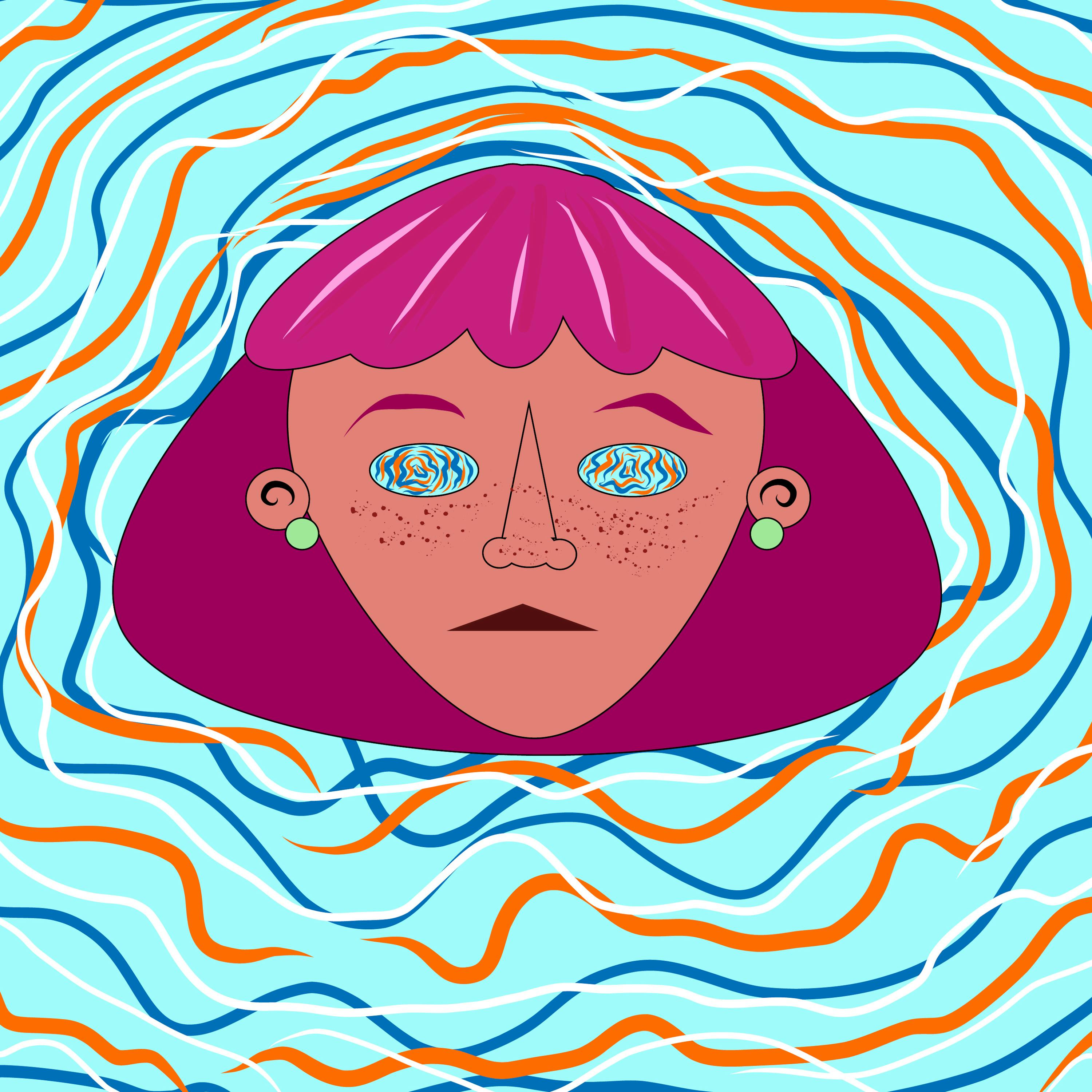

You are getting sleeeepy and open to suggestion. But is that how hypnotism works? And does it really open up a portal to the unconscious mind? Hypnotism can be an effective therapeutic tool, and some scientists suggest replacing opioids with hypnosis for pain relief. And yet, the performance aspect of hypnotism often seems at odds with the idea of it being an effective treatment. In our regular look at critical thinking, Skeptic Check, we ask what part of hypnotism is real and what is an illusion. Plus, we discuss how the swinging watch became hypnotism’s irksome trademark. Guests: David Spiegel – Professor of Psychiatry and Behavioral Sciences at the Stanford University School of Medicine Devin Terhune – Reader in the Department of Psychology, Goldsmiths University of London *Originally aired June 27, 2022 Featuring music by Dewey Dellay and Jun Miyake You can get early access to ad-free versions of every episode by joining us on Patreon. Thanks for your support! Big Picture Science is part of the Airwave Media podcast network. Please contact advertising@airwavemedia.com to inquire about advertising on Big Picture Science. Learn more about your ad choices. Visit megaphone.fm/adchoices
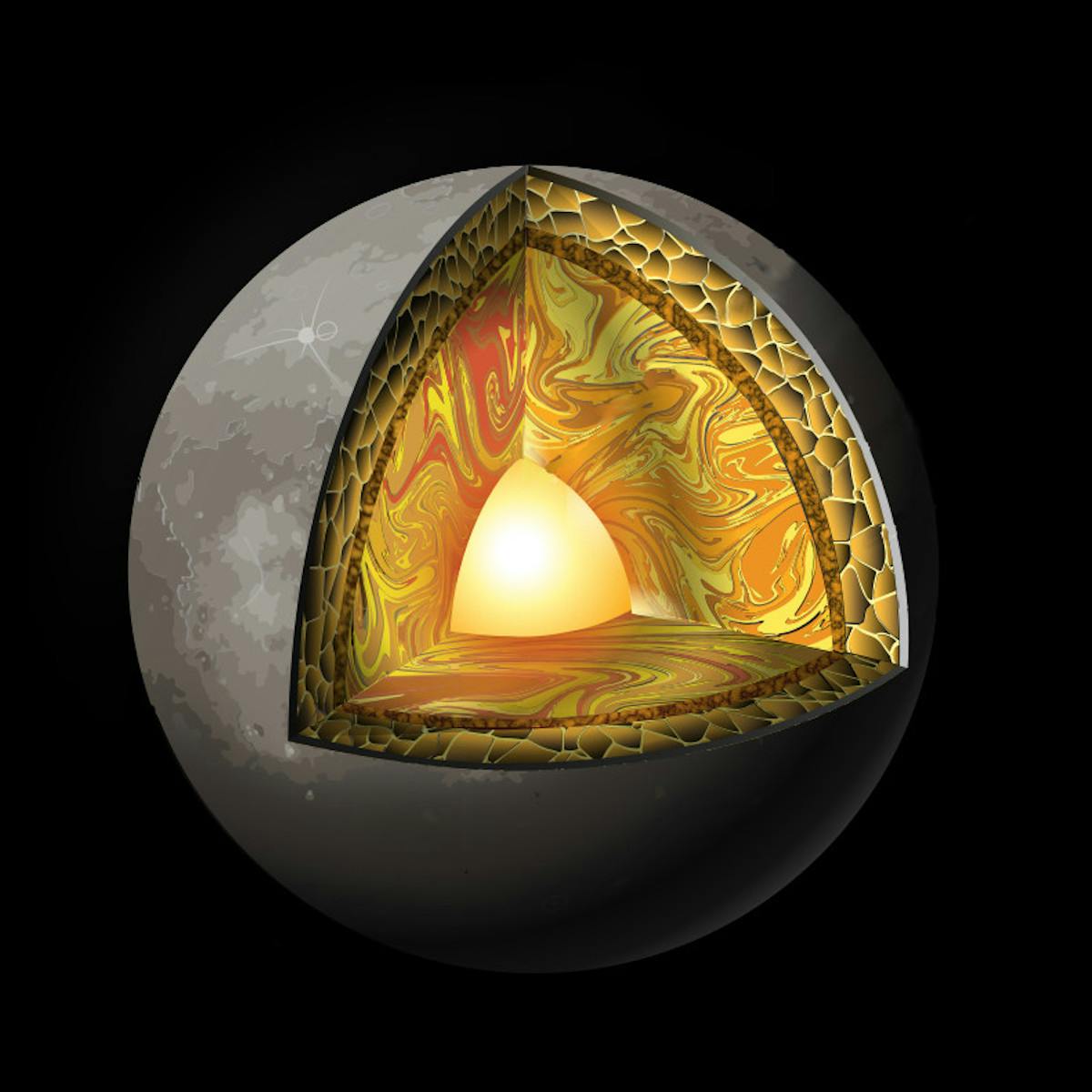

With planets and moons, it’s what’s inside that counts. If we want to understand surface features, like volcanoes, or their history, such as how the planet formed or whether it’s suitable for life, we study their interiors. Astronomer Sabine Stanley takes us on a journey to the centers of Venus, Saturn’s large moon Titan, Jupiter’s moon Io, and of course Earth, to help us understand how they, and the solar system, came to be. Guest: Sabine Stanley - Planetary scientist at Johns Hopkins University and the author of What’s Hidden Inside Planets. Featuring music by Dewey Dellay and Jun Miyake You can get early access to ad-free versions of every episode by joining us on Patreon. Thanks for your support! Big Picture Science is part of the Airwave Media podcast network. Please contact advertising@airwavemedia.com to inquire about advertising on Big Picture Science. Learn more about your ad choices. Visit megaphone.fm/adchoices


Worried that AI will replace you? It may not seem like the Hollywood writers’ strike has anything in common with the Luddite rebellion in England in 1811, but they are surprisingly similar. Today we use the term “Luddite” dismissively to describe a technophobe, but the original Luddites – cloth workers – organized and fought Industrial Revolution automation and the factory bosses who were replacing humans with cotton spinning machines and steam powered looms. Find out what our age of AI can learn from textile workers of 200 years ago about keeping humans in the loop. Guest: Brian Merchant - Los Angeles Times tech columnist and author of “Blood in the Machine: The Origins of the Rebellion Against Big Tech” Featuring music by Dewey Dellay and Jun Miyake Big Picture Science is part of the Airwave Media podcast network. Please contact advertising@airwavemedia.com to inquire about advertising on Big Picture Science. You can get early access to ad-free versions of every episode by joining us on Patreon. Thanks for your support! Learn more about your ad choices. Visit megaphone.fm/adchoices


By one estimate we spend a fifth of our lives watching movies or TV. In fact, we consume entertainment almost as habitually as we eat or sleep, activities that receive scientific scrutiny and study. So why not consider the effects that watching movies and TV have on our minds and bodies too? When we do, we find that they are not mere escapism. A data scientist reveals why we are what we watch, and how scientists and filmmakers work, often with competing agendas, to create sci-fi entertainment. Guest: Walt Hickey - journalist, data scientist, and author of “You Are What You Watch: How Movies and TV Affect Everything” Featuring music by Dewey Dellay and Jun Miyake Big Picture Science is part of the Airwave Media podcast network. Please contact advertising@airwavemedia.com to inquire about advertising on Big Picture Science. You can get early access to ad-free versions of every episode by joining us on Patreon. Thanks for your support! Learn more about your ad choices. Visit megaphone.fm/adchoices


We present a grab bag of our favorite recent science stories – from how to stop aging to the mechanics of cooking pasta. Also, in accord with our eclectic theme – the growing problem of space junk. Guests: Anthony Wyss-Coray – Professor of neuroscience at Stanford University Oliver O’Reilly – Professor of mechanical engineering, University of California Berkeley. Moriba Jah – Professor of aerospace and engineering mechanics, University of Texas Originally aired March 1, 2021 Featuring music by Dewey Dellay and Jun Miyake Big Picture Science is part of the Airwave Media podcast network. Please contact advertising@airwavemedia.com to inquire about advertising on Big Picture Science. You can get early access to ad-free versions of every episode by joining us on Patreon. Thanks for your support! Learn more about your ad choices. Visit megaphone.fm/adchoices
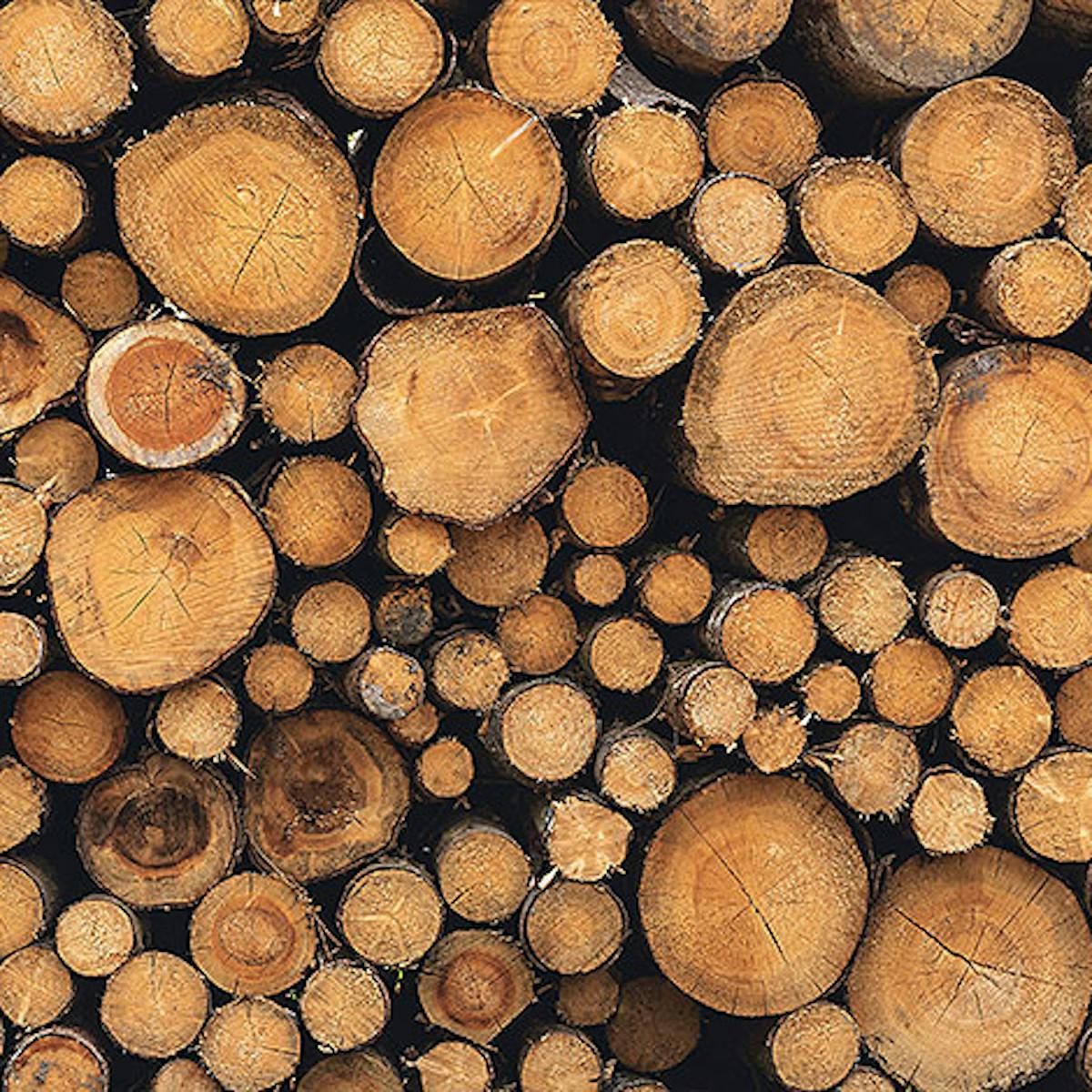

Maybe you don’t remember the days of the earliest coal-fired stoves. They changed domestic life, and that changed society. We take you back to that era, and to millennia prior when iron was first smelt, and even earlier, when axe-handles were first fashioned from wood, as we explore how three essential materials profoundly transformed society. We were once excited about coal’s promise to provide cheap energy, and how iron would lead to indestructible bridges, ships, and buildings. But they also caused some unintended problems: destruction of forests, greenhouse gases and corrosion. Did we foresee where the use of wood, coal, and iron would lead? What lessons do they offer for our future? Guests: Jonathan Waldman – Author of Rust: The Longest War. Ruth Goodman – Historian of British social customs, presenter of a number of BBC television series, including Tudor Monastery Farm, and the author of The Domestic Revolution: How the Introduction of Coal into Victorian Homes Changed Everything. Roland Ennos – Professor of biological sciences at the University of Hull and author of The Age of Wood: Our Most Useful Material and the Construction of Civilization. **Originally aired February 1, 2021 Featuring music by Dewey Dellay and Jun Miyake Big Picture Science is part of the Airwave Media podcast network. Please contact advertising@airwavemedia.com to inquire about advertising on Big Picture Science. You can get early access to ad-free versions of every episode by joining us on Patreon. Thanks for your support! Learn more about your ad choices. Visit megaphone.fm/adchoices


After helping to sequence the human genome more than twenty years ago, biochemist Craig Venter seemed to recede from the public eye. But he hadn’t retired. He had gone to sea and taken his revolutionary sequencing tools with him. We chatted with him about his multi-year voyage aboard the research vessel Sorcerer II, its parallels to Darwin’s voyage, and the surprising discoveries his team made about the sheer number and diversity of marine microbes and their roles in ocean ecosystems. Guests: Craig Venter - Genomicist, biochemist, founder of the J. Craig Venter Institute, and co-author of “The Voyage of Sorcerer II: The Expedition that Unlocked the Secrets of the Ocean’s Microbiome.” Jeff Hoffman - Lab manager at the J. Craig Venter Institute and expedition scientist on the Sorcerer II expedition. Featuring music by Dewey Dellay and Jun Miyake Big Picture Science is part of the Airwave Media podcast network. Please contact advertising@airwavemedia.com to inquire about advertising on Big Picture Science. You can get early access to ad-free versions of every episode by joining us on Patreon. Thanks for your support! Learn more about your ad choices. Visit megaphone.fm/adchoices
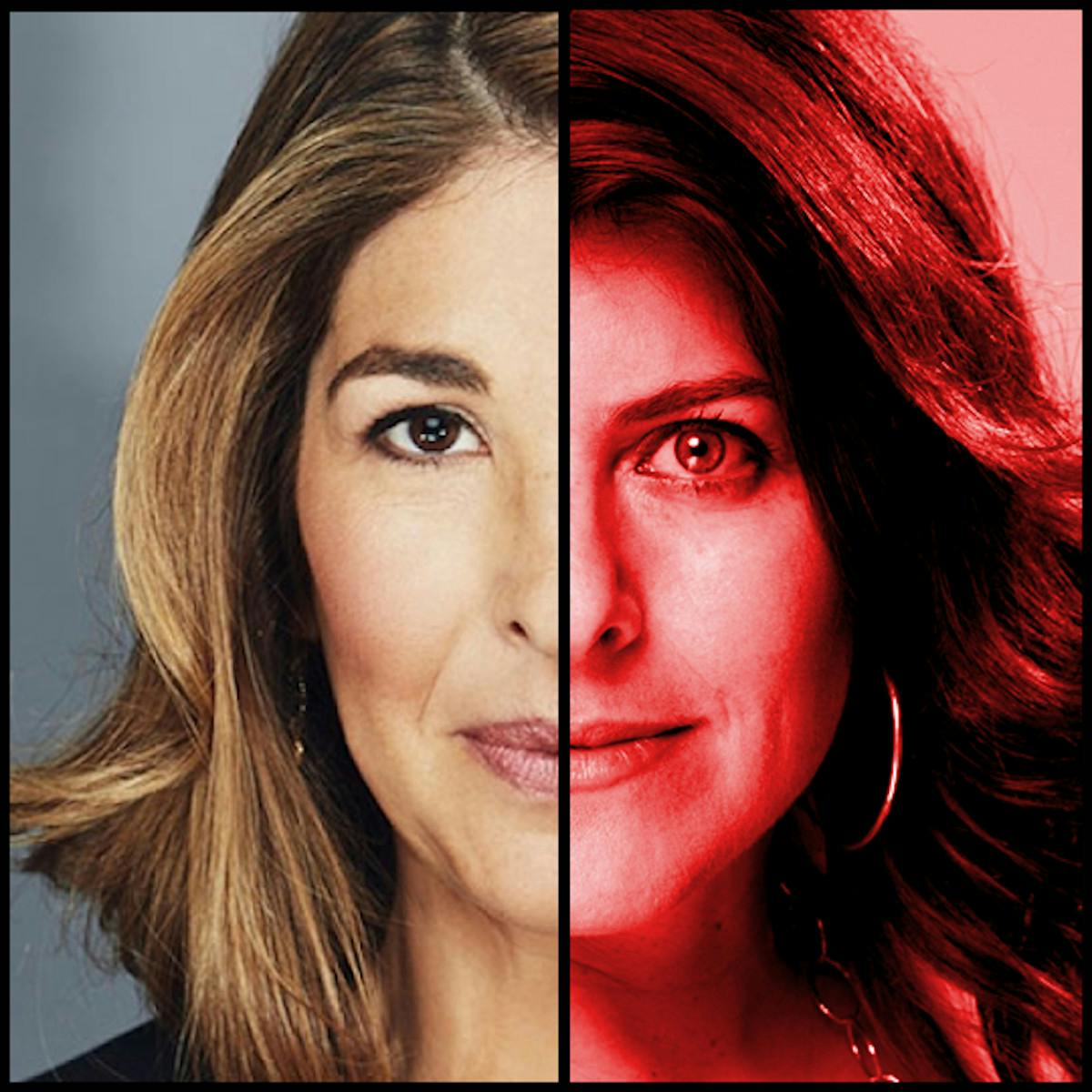

Our information age is increasingly the disinformation age. The spread of lies and conspiracy theories has created competing experiences of reality. Facts are often useless for changing minds or even making compelling arguments. In this episode, author Naomi Klein and science philosopher Lee McIntyre discuss why the goal – not simply the byproduct - of spreading disinformation is to polarize society. They also offer ideas about how we might find our way back to a shared objective truth. Guests: Naomi Klein - Associate professor of Geography at the University of British Columbia and a co-director at the Center for Climate Justice. Author of Doppelganger: A Trip Into the Mirror World Lee McIntyre - Philosopher of science and a research fellow at the Center for Philosophy and the History of Science at Boston University, and author of Post-Truth and On Disinformation. Featuring music by Dewey Dellay and Jun Miyake Big Picture Science is part of the Airwave Media podcastnetwork. Please contact advertising@airwavemedia.com to inquire about advertising on Big Picture Science. You can get early access to ad-free versions of every episode by joining us on Patreon. Thanks for your support! Learn more about your ad choices. Visit megaphone.fm/adchoices
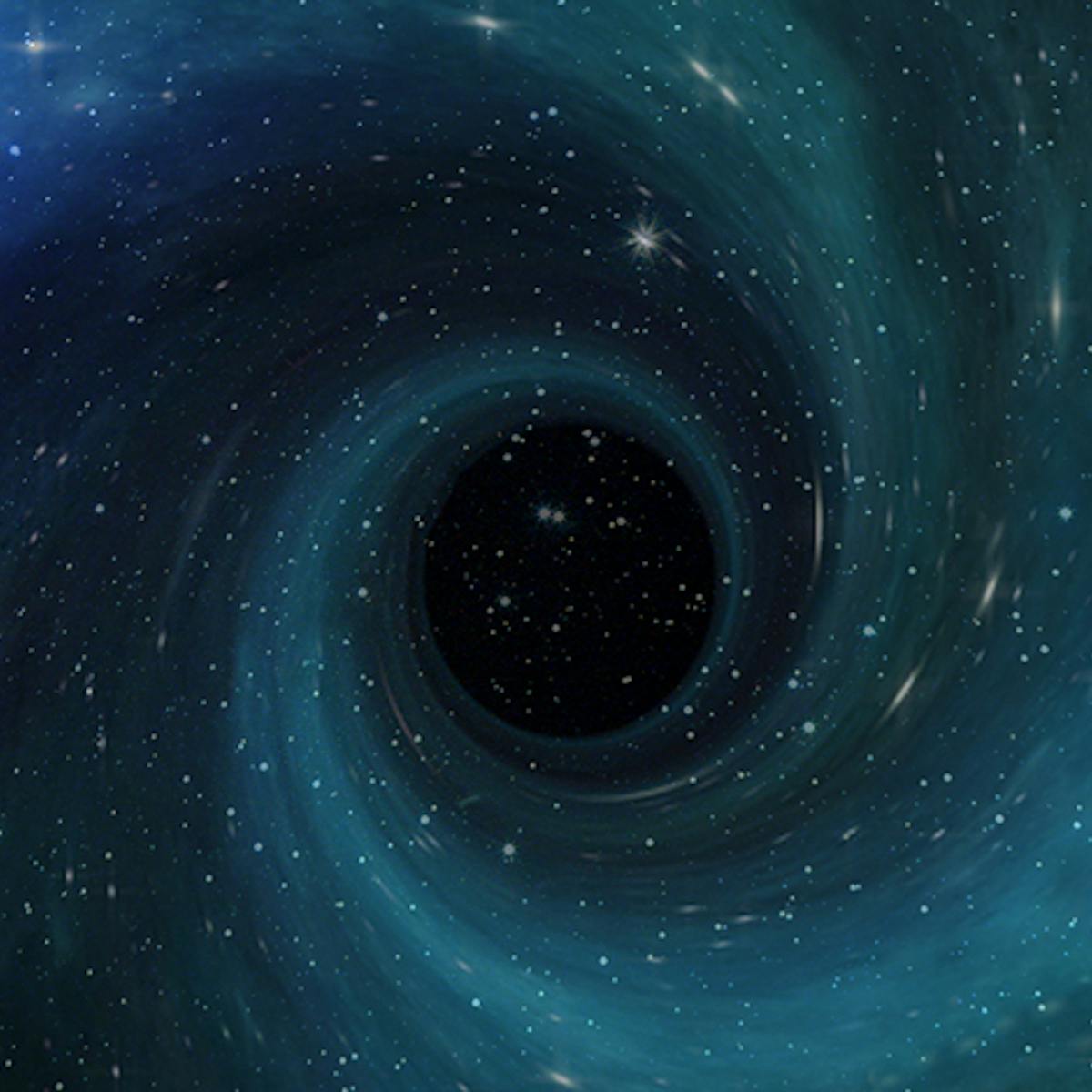

Nothing lasts forever. Even the universe has several possible endings. Will there be a dramatic Big Rip or a Big Chill–also known as the heat death of the universe–in trillions of years? Or will vacuum decay, which could theoretically happen at any moment, do us in? Perhaps the death of a tiny particle – the proton – will bring about the end. We contemplate big picture endings in this episode, and whether one could be brought about by our own machine creations. Guests: Anders Sandberg – Researcher at the Future of Humanity Institute at the University of Oxford Katie Mack – Assistant professor of physics at North Carolina State University, and the author of “The End of Everything, Astrophysically Speaking.” Brian Greene – Brian Greene, professor of physics and mathematics at Columbia, and author of “Until the End of Time: Mind, Matter, and Our Search for Meaning in an Evolving Universe” Originally aired May 3, 2021 Featuring music by Dewey Dellay and Jun Miyake Big Picture Science is part of the Airwave Media podcast network. Please contact advertising@airwavemedia.com to inquire about advertising on Big Picture Science. You can get early access to ad-free versions of every episode by joining us on Patreon. Thanks for your support! Learn more about your ad choices. Visit megaphone.fm/adchoices


The world is a colorful place, and human eyes have evolved to take it in – from vermillion red to bright tangerine to cobalt blue. But when we do, are you and I seeing the same thing? Find out why color perception is a trick of the brain, and why you and I may not see the same shade of green. Or blue. Or red. Also, platypuses and the growing club of fluorescent mammals, and the first new blue pigment in more than two centuries. Guests: Paula Anich – Associate Professor of Natural Resources, Northland College Michaela Carlson – Assistant Professor of Chemistry, Northland College Rob DeSalle – Curator at the American Museum of Natural History, and co-author of “A Natural History of Color: the Science Behind What We See and How We See It” Mas Subramanian – Professor of Materials Science at Oregon State University originally aired March 8, 2021 Featuring music by Dewey Dellay and Jun Miyake Big Picture Science is part of the Airwave Media podcast network. Please contact advertising@airwavemedia.com to inquire about advertising on Big Picture Science. You can get early access to ad-free versions of every episode by joining us on Patreon. Thanks for your support! Learn more about your ad choices. Visit megaphone.fm/adchoices


T-Rex is having an identity crisis. Rocking the world of paleontology is the claim that Rex was not one species, but actually three. It’s not the first time that this particular dino has forced us to revise our understanding of the past. The discovery of the first T-Rex fossil in the 19th century taught humanity a scary lesson: species eventually go extinct. If it happened to this seemingly invincible apex predator, it could happen to us too. Hear how the amateur fossil hunter Barnum Brown’s discovery of T-Rex changed our understanding of ourselves, and the epilogue to the dinosaur era: how our mammalian relatives survived the potential extinction bottleneck of an asteroid impact. Guests: Thomas Carr - Vertebrate paleontologist and Professor of Biology, Carthage College Peter Makovicky - Vertebrate paleontologist and Professor of paleontology in the Department of Earth and Environmental Sciences at the University of Minnesota David Randall - Author of “The Monster’s Bones: The Discovery of T Rex and How It Shook Our World” Steve Brusatte - Personal Chair of Paleontology and Evolution, University of Edinburgh. Author of “The Rise and Fall of the Dinosaurs” and, most recently, “The Rise and Reign of The Mammals” Originally aired October 17, 2022 Featuring music by Dewey Dellay and Jun Miyake Big Picture Science is part of the Airwave Media podcast network. Please contact advertising@airwavemedia.com to inquire about advertising on Big Picture Science. You can get early access to ad-free versions of every episode by joining us on Patreon. Thanks for your support! Learn more about your ad choices. Visit megaphone.fm/adchoices


Back off, you Neanderthal! It sounds as if you’ve just been dissed, but maybe you should take it as a compliment. Contrary to common cliches, our Pleistocene relatives were clever, curious, and technologically inventive. Find out how our assessment of Neanderthals has undergone a radical rethinking, and hear about the influence they have as they live on in our DNA. For example, some of their genes have a strong association with severe Covid 19 infection. Plus, how Neanderthal mini-brains grown in a lab will teach us about the evolution of Homo sapiens. Guests: Svante Pääbo – Evolutionary geneticist and Director of the Max Planck Institute for Evolutionary Anthropology. Doyle Stevick – Associate professor of educational leadership and policies at the University of South Carolina. Beverly Brown – Professor emerita of anthropology, Rockland Community College, New York. Rebecca Wragg Sykes – Paleolithic anthropologist, author of “Kindred: Neanderthal Life, Love, Death and Art.” Alysson Muotri – Neuroscientist and professor of pediatrics, cellular and molecular medicine at the University of California San Diego School of Medicine Originally aired March 22, 2021 Featuring music by Dewey Dellay and Jun Miyake Big Picture Science is part of the Airwave Media podcast network. Please contact advertising@airwavemedia.com to inquire about advertising on Big Picture Science. You can get early access to ad-free versions of every episode by joining us on Patreon. Thanks for your support! Learn more about your ad choices. Visit megaphone.fm/adchoices


Owls are both the most accessible and elusive of birds. Every child can recognize one, but you’ll be lucky to spot an owl in a tree, even if you’re looking straight at it. Besides their camouflage and silent flight, these mostly nocturnal birds, with their amazing vision and hearing, are most at home in the dead of night, a time humans find alien and scary. Ecologist Carl Safina got to know an injured baby screech owl well. Their relationship saved the owl’s life and gave Safina insider’s wisdom about these aerial hunters of the night. Guests: Carl Safina – ecologist at Stony Brook University, head of the non-profit Safina Center, and author of “Alfie & Me: What Owls Know, What Humans Believe” Tom Damiami – natural resources interpreter, singer on Long Island, NY and leader of the Shelter Island Owl Prowl Gordy Slack – science writer, former senior editor of California Wild, the science and natural history magazine published by the California Academy of Sciences Featuring music by Dewey Dellay and Jun Miyake Big Picture Science is part of the Airwave Media podcast network. Please contact advertising@airwavemedia.com to inquire about advertising on Big Picture Science. You can get early access to ad-free versions of every episode by joining us on Patreon. Thanks for your support! Learn more about your ad choices. Visit megaphone.fm/adchoices


“To live is to count and to count is to calculate.” But before we plugged in the computer to express this ethos, we pulled out the pocket calculator. It became a monarch of mathematics that sparked a computing revolution. But it’s not the only deceptively modest innovation that changed how we work and live. Find out how sewing a scrap of fabric into clothing helped define private life and how adding lines to paper helped build an Empire. Plus, does every invention entail irrevocable cultural loss? Guests: Keith Houston – author of “Empire of the Sum: The Rise and Reign of the Pocket Calculator.” Hannah Carlson – teaches dress history and material culture at the Rhode Island School of Design, author of “Pockets: An Intimate History of How We Keep Things Close.” Dominic Riley – bookbinder in the U.K. Featuring music by Dewey Dellay and Jun Miyake Big Picture Science is part of the Airwave Media podcast network. Please contact advertising@airwavemedia.com to inquire about advertising on Big Picture Science. You can get early access to ad-free versions of every episode by joining us on Patreon. Thanks for your support! Learn more about your ad choices. Visit megaphone.fm/adchoices
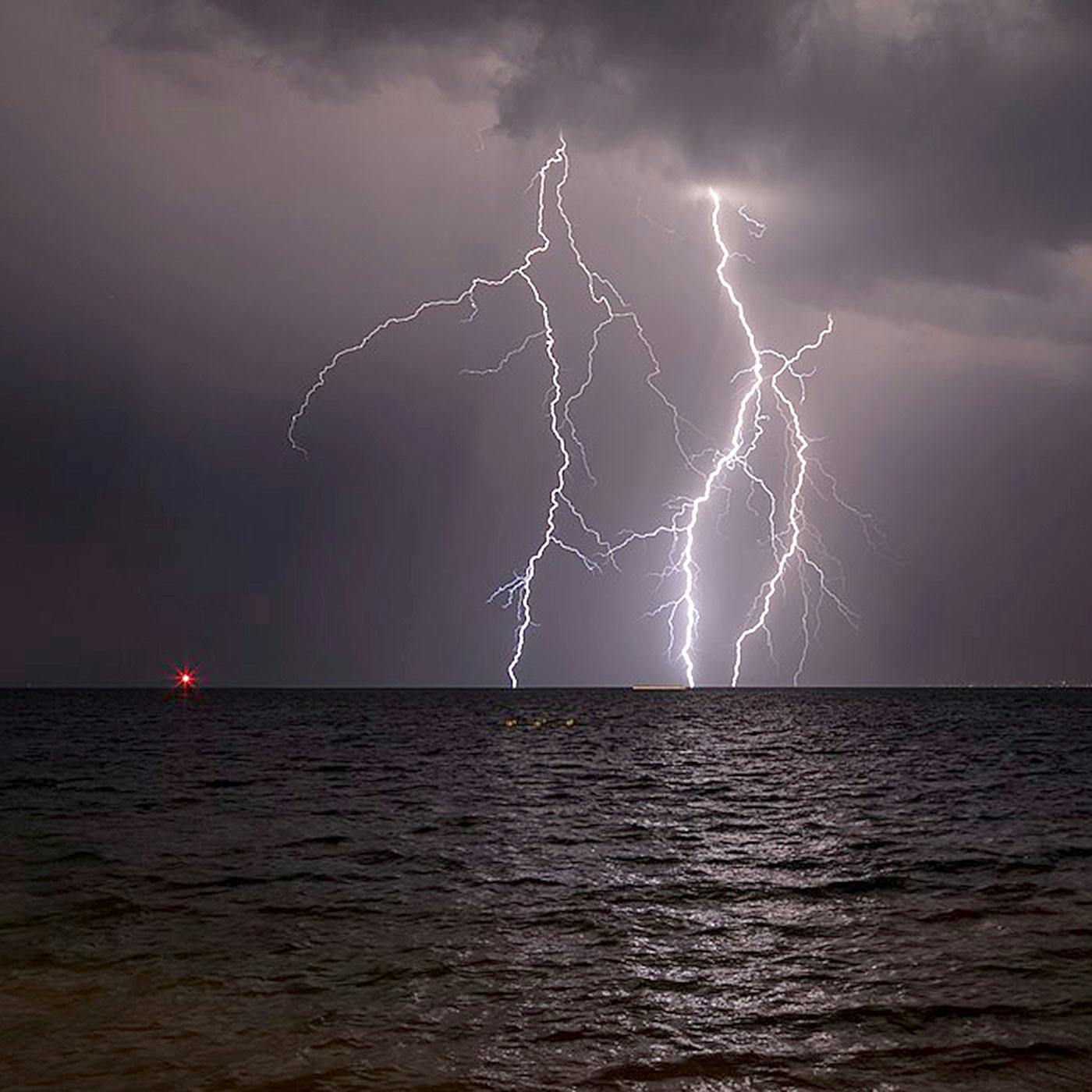

Every second, lightning strikes 50 to 100 times somewhere. It can wreak havoc by starting wildfires and sometimes killing people. But lightning also produces a form of nitrogen that’s essential to vegetation. In this episode, we talk about the nature of these dramatic sparks. Ben Franklin established their electric origin, so what do we still not know? Also, why the frequency of lightning strikes is increasing in some parts of the world. And, what to do if you find someone hit by lightning. Guests: Thomas Yeadaker – Resident of Oakland, California Chris Davis – Medical doctor and Assistant Professor of Emergency Medicine at Wake Forest University and Medical Director for the National Center for Outdoor Adventure Education Jonathan Martin – Professor of Atmospheric and Oceanic Sciences, University of Wisconsin, Madison Steve Ackerman – Professor of Atmospheric and Oceanic Sciences, University of Wisconsin, Madison Peter Bieniek – Professor of Atmospheric and Space Science, University of Alaska, Fairbanks *Originally aired September 12, 2022 Featuring music by Dewey Dellay and Jun Miyake Big Picture Science is part of the Airwave Media podcast network. Please contact advertising@airwavemedia.com to inquire about advertising on Big Picture Science. You can get early access to ad-free versions of every episode by joining us on Patreon. Thanks for your support! Learn more about your ad choices. Visit megaphone.fm/adchoices


Poisonous snakes, lightning strikes, a rogue rock from space. There are plenty of scary things to fret about, but are we burning adrenaline on the right ones? Stepping into the bathtub is more dangerous than flying from a statistical point of view, but no one signs up for “fear of showering” classes. Find out why we get tripped up by statistics, worry about the wrong things, and how the “intelligence trap” not only leads smart people to make dumb mistakes, but actually causes them to make more. Guests: Eric Chudler – Research associate professor, department of bioengineering, University of Washington, Seattle and co-author of “Worried: Science Investigates Some of Life’s Common Concerns” Lise Johnson – Director of the Basic Science Curriculum, Rocky Vista University, and co-author of “Worried: Science Investigates Some of Life’s Common Concerns” Willie Turner – Vice President of Operations at the Hiller Aviation Museum in San Carlos, CA Charles Wheelan – Senior Lecturer and Policy Fellow, Dartmouth College, and author of “Naked Statistics” David Robson – Commissioning Editor for the BBC and author of “The Intelligence Trap: Why Smart People Make Dumb Mistakes” *Originally aired May 27, 2019 Big Picture Science is part of the Airwave Media podcast network. Please contact advertising@airwavemedia.com to inquire about advertising on Big Picture Science. You can get early access to ad-free versions of every episode by joining us on Patreon. Thanks for your support! Learn more about your ad choices. Visit megaphone.fm/adchoices


Imagine life without animals, trees, and fungi. The world would look very different. But while the first life was surely single-celled, we don’t know just how it evolved to multicellular organisms. Two long-term experiments hope to find out, and one has been running for more than 35 years. Hear about the moment scientists watched evolution take off in the lab, and how directed evolution was used to create a multicellular organism. Also, how single embryonic cells become humans, and what all of this says about the possibility of life on other worlds. Guests: Jeff Barrick – molecular scientist at the University of Texas at Austin where his lab oversees the Long-Term Evolution Experiment that’s been running since 1988. Will Ratcliff - an evolutionary biologist at Georgia Institute of Technology Ben Stanger - cancer researcher, professor of medicine and developmental biology at the University of Pennsylvania and author of “From One Cell: A Journey into Life’s Origins and the Future of Medicine.” Joseph L. Graves - evolutionary biologist and geneticist at North Carolina Agricultural and Technical State University and author of “A Voice in the Wilderness: A Pioneering Biologist Explains How Evolution Can Help Us Solve Our Biggest Problems.” Featuring music by Dewey Dellay and Jun Miyake Big Picture Science is part of the Airwave Media podcast network. Please contact advertising@airwavemedia.com to inquire about advertising on Big Picture Science. You can get early access to ad-free versions of every episode by joining us on Patreon. Thanks for your support! Learn more about your ad choices. Visit megaphone.fm/adchoices
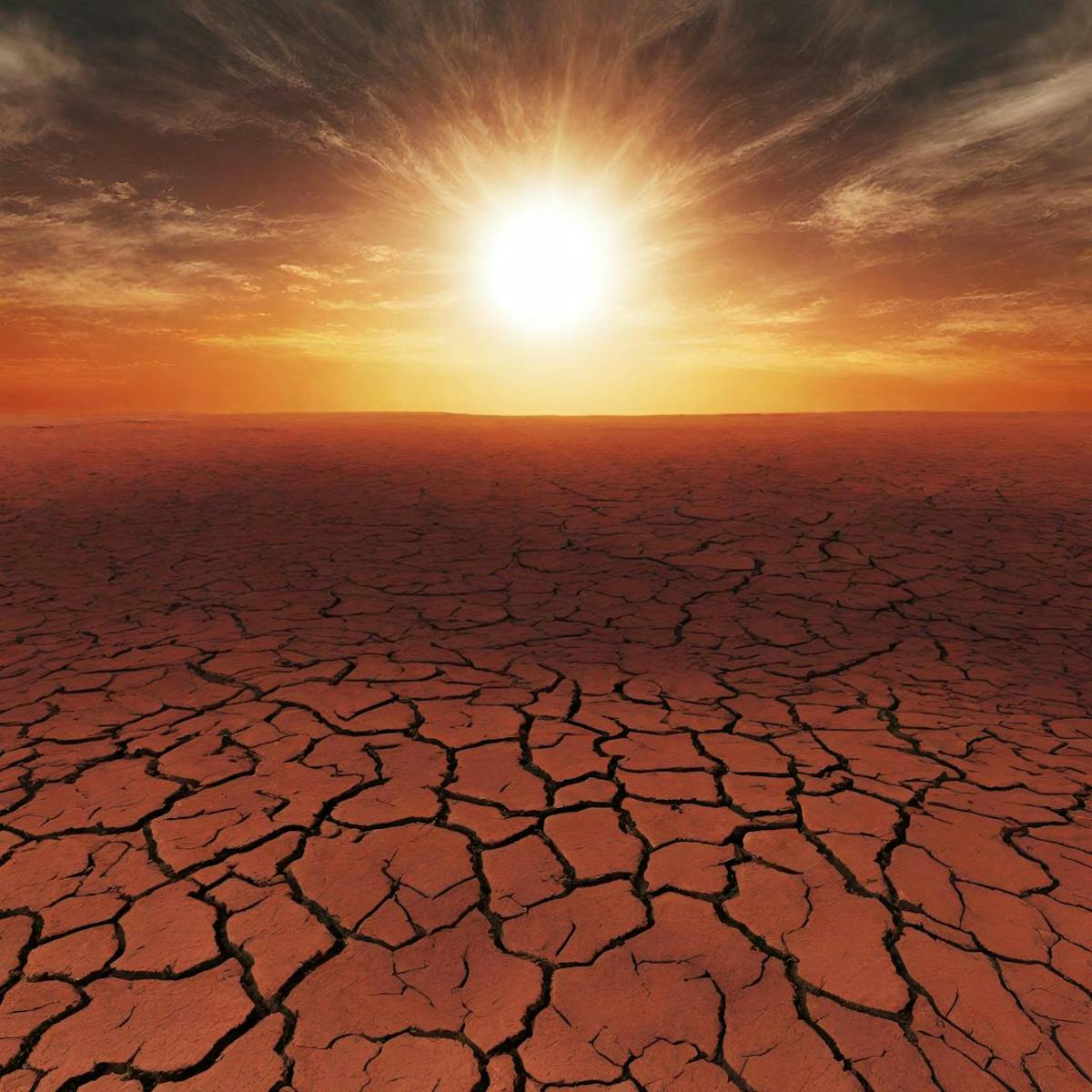

Extreme heat is taking its toll on the natural world. We use words like “heat domes” and “freakish” to describe our everyday existence. These high temperatures aren’t only uncomfortable - they are lethal to humans, animals, and crops. In search of an answer to our episode’s question, we discuss the dilemma of an ever-hotter world with an author who has covered climate change for more than twenty years. Guest: Jeff Goodell – author of “The Heat Will Kill You First: Life and Death on a Scorched Planet.” Featuring music by Dewey Dellay and Jun Miyake Big Picture Science is part of the Airwave Media podcast network. Please contact advertising@airwavemedia.com to inquire about advertising on Big Picture Science. You can get early access to ad-free versions of every episode by joining us on Patreon. Thanks for your support! Learn more about your ad choices. Visit megaphone.fm/adchoices


Near death experiences can be profound and even life changing. People describe seeing bright lights, staring into the abyss, or meeting dead relatives. Many believe these experiences to be proof of an afterlife. But now, scientists are studying these strange events and gaining insights into the brain and consciousness itself. Will we uncover the scientific underpinning of these near-death events? Guests: Steve Paulson - executive producer of To the Best of Our Knowledge for Wisconsin Public Radio Sebastian Junger - journalist, filmmaker and author of “The Perfect Storm: A True Story of Men Against the Sea” Christoph Koch - neuroscientist at the Allen Institute in Seattle and chief scientist of the Tiny Blue Dot Foundation in Santa Monica California Daniel Kondziella - neuroscientist in the Department of Clinical Medicine at the University of Copenhagen Featuring music by Dewey Dellay and Jun Miyake Big Picture Science is part of the Airwave Media podcast network. Please contact advertising@airwavemedia.com to inquire about advertising on Big Picture Science. You can get early access to ad-free versions of every episode by joining us on Patreon. Thanks for your support! Learn more about your ad choices. Visit megaphone.fm/adchoices


Have you ever heard worms arguing? Deep-sea scientists use hydrophones to eavesdrop on “mouth-fighting worms.” It’s one of the many ways scientists are trying to catalog the diversity of the deep oceans — estimated to be comparable to a rainforest. But the clock is ticking. While vast expanses of the deep sea are still unexplored, mining companies are ready with dredging vehicles to strip mine the seafloor, potentially destroying rare and vulnerable ecosystems. Are we willing to eradicate an alien landscape that we haven’t yet visited? Guests: Craig McClain - deep-sea and evolutionary biologist and ecologist, Executive Director of the Louisiana Universities Marine Consortium. Steve Haddock - senior scientist at the Monetary Bay Aquarium Research Institute, and co-author of a New York Times op-ed about the dangers of mining. Emily Hall - marine chemist at the Mote Marine Laboratory, Sarasota, Florida Chong Chen - deep sea biologist with the Japan Agency for Marine-Earth Science and Technology (JAMSTEC) *Originally aired November 23, 2020 Big Picture Science is part of the Airwave Media podcast network. Please contact advertising@airwavemedia.com to inquire about advertising on Big Picture Science. You can get early access to ad-free versions of every episode by joining us on Patreon. Thanks for your support! Learn more about your ad choices. Visit megaphone.fm/adchoices


Brace yourself for heatwave “Lucifer.” Dangerous deadly heatwaves may soon be so common that we give them names, just like hurricanes. This is one of the dramatic consequences of just a few degrees rise in average temperatures. Also coming: Massive heat “blobs” that form in the oceans and damage marine life, and powerful windstorms called “derechos” pummeling the Midwest. Plus, are fungal pathogens adapting to hotter temperatures and breaching the 98.6 F thermal barrier that keeps them from infecting us? Guests: Kathy Baughman McLeod – director and senior vice president of the Adrienne Arsht-Rockefeller Foundation Resilience Center at The Atlantic Council Pippa Moore – Marine ecologist at Newcastle University in the U.K. Ted Derouin – Michigan farmer Jeff Dukes – Ecologist and director of Purdue Climate Change Research Center at Purdue University. Arturo Casadevall – Molecular microbiologist and immunologist at the Johns Hopkins School of Medicine Originally aired October 19, 2020 Big Picture Science is part of the Airwave Media podcast network. Please contact advertising@airwavemedia.com to inquire about advertising on Big Picture Science. You can get early access to ad-free versions of every episode by joining us on Patreon. Thanks for your support! Learn more about your ad choices. Visit megaphone.fm/adchoices


Ready to become a space emigre? For half a century, visionaries have been talking about our future off-Earth – a speculative scenario in which many of us live in space colonies. So why haven’t we built them? Will the plans of billionaire space entrepreneurs to build settlements on Mars, or orbiting habitats that would be only minutes away from Earth, revive our long-held spacefaring dreams? And is having millions of people living off-Earth a solution to our problems… or an escape from them? Guests: Marianne Dyson – Author and former NASA flight controller Emily St. John Mandel – Author, most recently of “Sea of Tranquility” John Adams – Deputy Director, Biosphere 2, University of Arizona Featuring music by Dewey Dellay and Jun Miyake *Originally aired July 25, 2022 Big Picture Science is part of the Airwave Media podcast network. Please contact advertising@airwavemedia.com to inquire about advertising on Big Picture Science. You can get early access to ad-free versions of every episode by joining us on Patreon. Thanks for your support! Learn more about your ad choices. Visit megaphone.fm/adchoices
